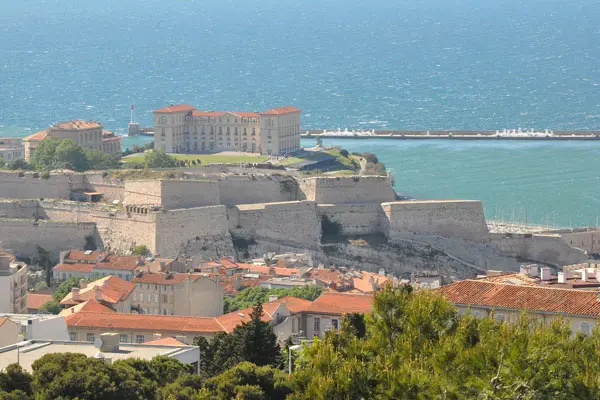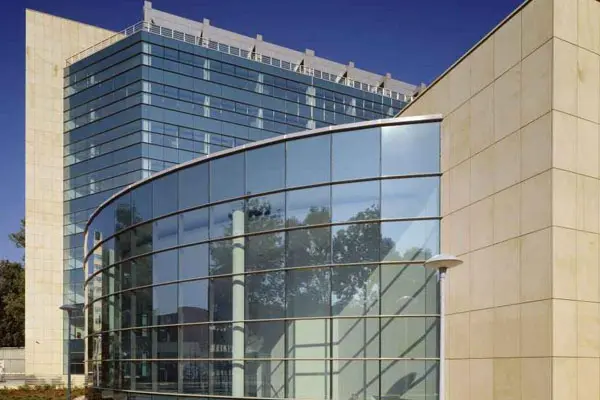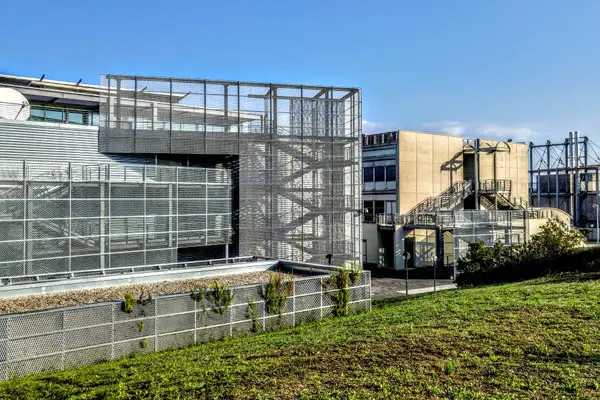The Joint Masters Programme
The CNE program is a joint master program in Chemical Nanoengineering offered by three European universities:

The Aix Marseille University
The Aix Marseille University is a world leader in the research of nano-porous systems and adsorption in porous materials. The laboratory MADIREL (Department of Chemistry) is known internationally for its competences in characterization of nano-porous materials and dispersed systems, in thermodynamics of adsorption and in electrochemistry of solids and in solution, experimentally and numerically.
The conducted research domains are related to many technological problems, including storage, capture and separation of hydrogen, methane, carbon dioxide, nanomaterials and electrochemical energy technologies. The Marseille partner has developed strong research cooperation with University of Missouri, University of Montpellier, and with Turin Polytechnic University in Tashkent, Uzbekistan and with the Partners from Wroclaw and Rome. New cooperation programs are under development with University in Seville, in Fortaleza and with the University of Queensland.
The Wroclaw University of Science and Technology
The Wroclaw University of Science and Technology is an engineering school having very rich research programs in nanoscience. Many of them are characterized by bio-applications: bioreactor processes, bio-membrane separations, bio-photonics. These bio-aspects and engineering profile of nano-science is an important contribution for this Joint Master Degree project, because the mechanisms of nano-engineering have been first observed in biological systems. Wroclaw has also a long history of numerical modeling research in this area which is an important part of our study program objectives. The Polish Partner has cooperation programs with Lvov in Ukraine, with the University of Missouri and with the Partner from Marseille.


The University of Rome Tor Vergata
The University of Rome Tor Vergata is strongly committed to promoting the international dimension of studies and research. In line with this objective, 16 degree programs are “international” and the majority of Doctoral programs are offered in English. “Tor Vergata” is developing multiple lines of work with the aim of promoting “social innovation and growth of the territory”. The Department of Industrial Engineering has excellent credentials in nano-phase separated membranes for electrochemical energy technologies, in nano-fluidics, in technological aspects of smart polymers, and in the preparation and testing of materials organized into micro-and nano-systems. The Department is considered a leader in the transfer of technology to industry which is considered a strategic aspect of nano-engineering. It has strong cooperation programs with the Northeastern University in Boston and with Aix Marseille University.
Associated Partners
The Associated Partners will evaluate and advise us about the program modifications and will provide the newest developments in the nano research field trough the participation as invited scholars and lectures during the summer school. They will advertise and promote the master program and in this way they will allow us to offer the scholarship to the best students. Their expertise and the invited scholar teaching will strengthen the core program with subjects that are complementary and more focused on selected arguments. The broad geographic distribution of our Associated Partners enforce the international aspect of the program. The students will be constantly exposed to international environment, in particular during the summer school where several international speakers and tutors will be directly interacting with the students. The choice of the Associated Partners aims both at the most effective learning outcome for the students and rich international experience.
Australia: Chemical Engineering Department, University of Queensland.
Australia: School of Agriculture, and School of Chemical Engineering and Advanced Material, University of Adelaide.
Argentina: Laboratory of Porous Solids, National University of San Luis.
Brazil: Faculty of Engineering, Federal University of Ceara (UFC), Fortaleza.
Bulgaria: Faculty of Chemistry and Pharmacy, Department of Physical Chemistry, Sofia University.
France: Laboratory Charles Coulomb, University of Montpellier.
Germany: Chair of Inorganic Chemistry I, Technical University Dresden.
Lebanon: Faculty of sciences 2, Lebanese University, EC2M Laboratory, Fanar.
Spain: Nano-structured Materials Group, The University Pablo de Olavide of Seville.
Spain: Synthesis and Processing of Materials (SYPMAT) Universidad Carlos III de Madrid (UC3M)
Switzerland: Laboratory of Applied NanoSciences (COMATEC-LANS), HEIG-VD, University of Applied Sciences Western Switzerland
Uzbekistan: Research Department, Turin Polytechnic University in Tashkent (TTPU).
USA: Physics Department, University of Missouri, Columbia.
USA: Department of Chemistry, Northeastern University, Boston.
20 Countries (>50 Technical Universities): T.I.M.E Association, Technical Universities from Europe (14 countries), Australia, Brazil, Japan, Russia, Turkey, and China.
Associated Industrial Partners
France: Dracula Technologies.
Germany: IHP – Innovations for High Performance Microelectronics.
Italy: Prolabin.
Poland: Nanores.
